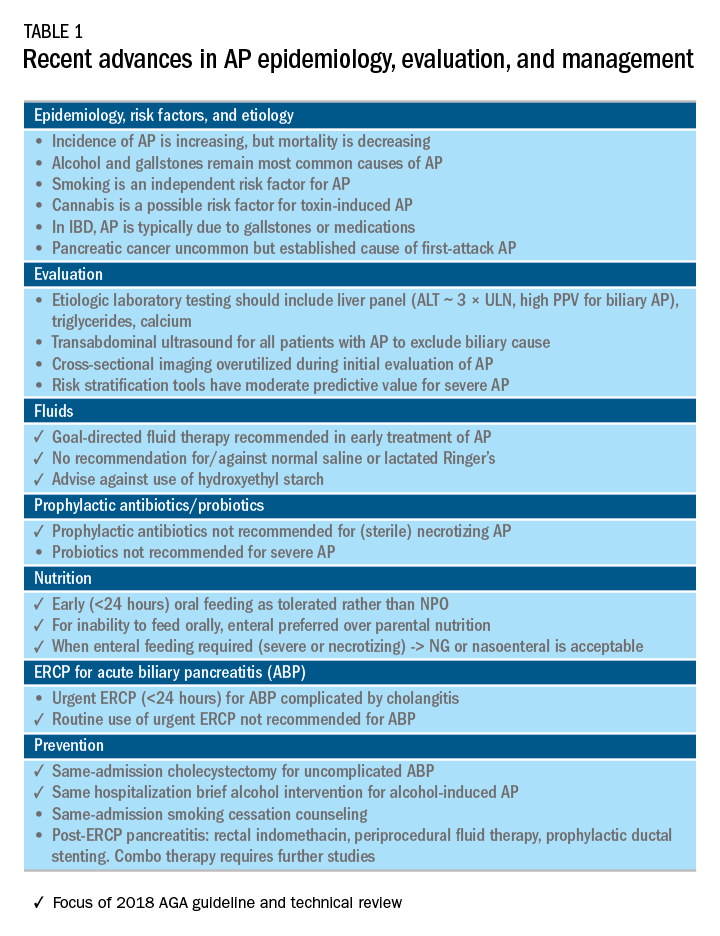
The term "acute pancreatitis" refers to the sudden onset of sharp, intense pain in the lower abdomen. It may be a painful episode, however, if the pain persists for more than a couple of days, it is probably a sign of acute pancreatitis and needs immediate medical attention. If the pain is so severe that you cannot sit up straight, you might have a prolapsed pancreas and need to consult a doctor as soon as possible. Your doctor might prescribe an anti-inflammatory medication or antibiotics for pancreatitis treatment.
Acute pancreatitis usually begins with sudden or dull pain that usually begins or develops in the abdomen. Other symptoms may include fever, chills, vomiting, jaundice, or dark urine. The pain can also be dull or severe.
Acute pancreatitis can cause long-term damage to the pancreas if left untreated. In the short term, pain can be treated with anti-inflammatory drugs and antibiotics, but the longer you wait for the disease to be treated, the more severe the damage to the pancreas will be.
Since acute pancreatitis is a type of inflammatory pancreatitis, the only way to prevent more serious complications is to get treatment as soon as possible. In some cases, patients do not need hospitalization. If necessary, they can return home after checking their blood pressure and test results and treating symptoms at home.
If symptoms persist after a few days of treatment for pancreatitis, you should consult your doctor. If the pain becomes chronic and difficult to control, you should consult your doctor about surgery to remove part of your pancreas.
Pancreatitis is inflammation of the pancreas. It is the most common form of the disease in adults, and more and more people develop it in middle age.
Most patients with acute pancreatitis do not require hospitalization or intravenous fluids. However, when the pain becomes too severe, you should consult your doctor.

Remember that this type of illness can affect your health more than other health problems, especially if the symptoms are ignored
If left untreated, it can lead to serious complications and even death.
Acute pancreatitis treatments vary depending on the severity of the condition. Your doctor may want you to take prescription pain medication for as long as two weeks or until the condition gets better. This is usually done by giving the medication in the form of a pill or syrup in the form of a drink. It is a common practice to take this medication for several days or even weeks before you return to your normal routine.
In some cases, the doctor may prescribe oral medicines to help relieve pain. These oral medicines may be taken for several months. Although these medicines are usually prescribed to relieve pain and promote proper digestion, they can have other effects on your health.
Pancreatitis treatments using pancreatic enzymes, like pancreatic acids, are often used in mild cases of the condition. The doctor may prescribe a drug to kill the pancreatic enzymes and allow the body to create its own enzymes again. The doctor may also prescribe an antibiotic to help kill the infection causing bacteria.
The anti-diarrheal medications may also be used to help reduce the symptoms. You may be given a change of diet to help slow down the progress of the disease.
Treatment may be ongoing in cases of severe pancreatitis. Patients who are diagnosed with more severe cases of the disease are often put on surgery to remove part of the pancreas or to remove the whole organ. In some cases, surgery may also be needed to remove or repair the damaged tissue of the pancreas.